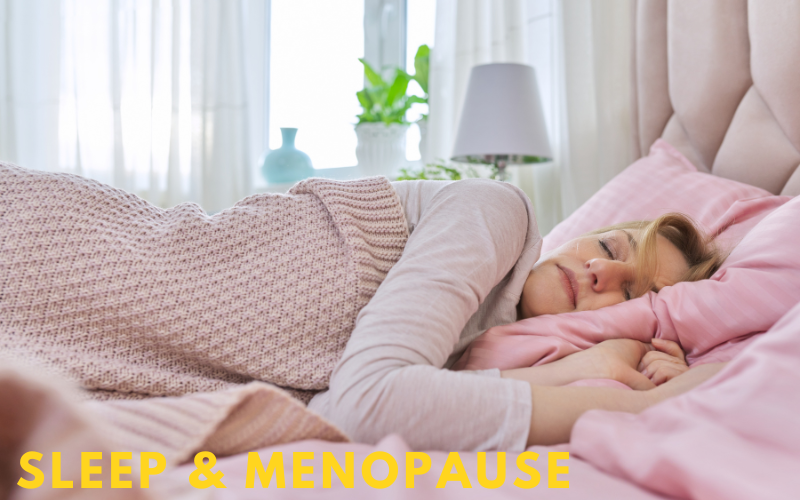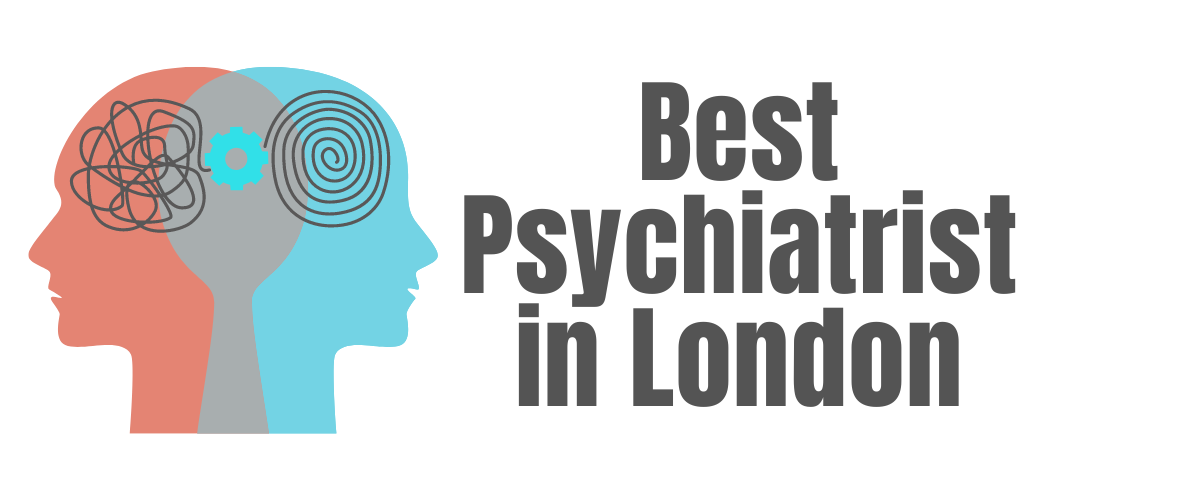Sleep and the Menopause

Sleep disorders are one of the main symptoms of menopause. Symptoms of sleep disorders that menopausal women complain about include difficulty initiating sleep, frequent awakening and/or early morning awakening. There are many possible causes of sleep disorders in postmenopausal women, including vasomotor symptoms, ovarian hormone changes, restless legs syndrome, periodic leg movement syndrome, and obstructive sleep apnoea.
The causes of sleep disorders in menopausal women aren’t yet clear and can vary from one individual to another depending on the specific symptoms of the sleep disorder. However potential factors include the menopause itself, ageing, vasomotor symptoms, depression, and anxiety.
>> Reducing Screen Time <<
Vasomotor symptoms
Vasomotor symptoms are the most common menopausal symptoms reported by 75% to 85% of postmenopausal women and can affect sleep quality. Hot flashes are defined as a sudden sense of body heat or redness around the face and neck, often accompanying sweating and increased heart rate. Most symptoms last for 1 to 2 years after menopause but rarely last for more than 10 years.
Hormone change (oestrogen/progesterone)
Changes in hormones can affect sleep. Progesterone has both sedative and anxiety reducing features. Oestrogen has a wide range of effects which can increase the number of awakenings after sleep occurs, it also has a regulating effect on body temperature and a direct effect on mood.
Melatonin
Melatonin plays a major role in circadian rhythm, especially in sleep onset and in sleep maintenance through block arousal mechanism. These effects help to keep humans sleeping at night. Changes in melatonin occur over the life cycle as we age.
Mood Disorders
Mood disorders such as anxiety or depression are associated with sleep disorders.
Specific sleep disorders such as obstructive sleep apnoea (OSA) and restless leg syndrome need evaluation and treatment by a specialist.
Can Treating Menopause Improve Sleep?
Hormone Replacement Therapy (HRT), which increases oestrogen and progesterone has proven effective in relieving menopausal symptoms, including hot flashes, insomnia, and mood. However, HRT poses serious risks for some women, careful discussion about the risks and benefits is therefore required with your GP.
Lower doses of antidepressants and SSRIs, including fluoxetine, paroxetine, and venlafaxine, can relieve menopausal symptoms, including hot flashes.
Melatonin, your body’s natural sleep hormone, can also be taken to improve sleep onset.
Cognitive behavioural therapy (CBT) is also effective in treating insomnia, anxiety, and depression.
Tips for Sleeping Better with Menopause
If you are struggling with sleep issues consult your GP as they will know your medical history and can recommend appropriate treatment options, including medications and therapeutic options that may improve your sleep. The following sleep tips may also help.
- Maintain a healthy weight and diet.
- Avoid nicotine, caffeine, and alcohol, especially in the late afternoon and early evening.
- Develop a relaxing bedtime routine.
- Develop a routine for falling back asleep if you wake up from a night sweat.
- Dress in lightweight nightwear or sleep naked.
- Keep your bedroom temperature comfortably cool.
- Try to go to bed and wake up at the same time every day.
Reference
Lee J, Han Y, Cho HH, Kim MR. Sleep Disorders and Menopause. J Menopausal Med. 2019 Aug;25(2):83-87. doi: 10.6118/jmm.19192. Epub 2019 Aug 5. Erratum in: J Menopausal Med. 2019 Dec;25(3):172. PMID: 31497577; PMCID: PMC6718648.
About Author:
Dr Gabrielle Pendlebury is a child and adolescent psychiatrist specializing in neurodevelopmental disorders such as autism and ADHD. She is the Clinical Director for psychiatric services at Onebright (Onebright.com), one of the UK’s leading providers of mental health services.
Contact: Dr Gabrielle Pendlebury
